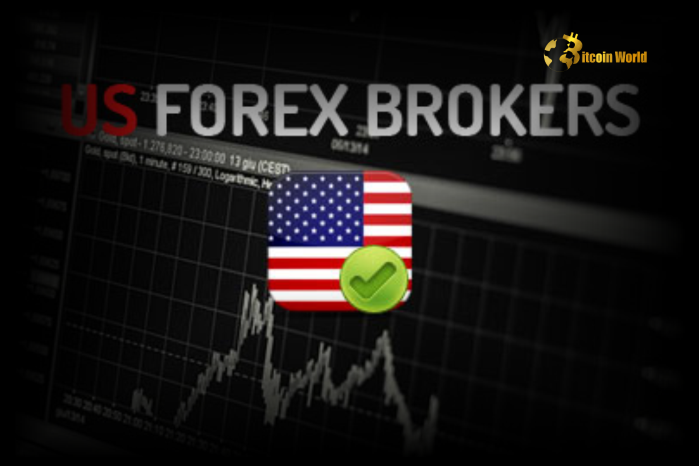Legal Regulations for Forex in the United States
Legal Regulations for Forex in the United States
Blog Article
How to Get Started with Forex Trading in the US
Foreign trade, or Forex trading, pulls an incredible number of participants in the United Claims every year. Its sheer size and liquidity ensure it is one of the very desirable markets globally. However, best forex trading platform in usa. requires a special and rigid method of regulating Forex activities. If you are trying to deal currencies or just wish to know the way legal frameworks form the Forex market, understanding these regulations is crucial.

Key Legal Frameworks Surrounding Forex in the US
Forex regulation in the United Claims is distinguishable due to its thorough risk controls and customer protections. Two primary government bodies oversee most Forex actions:
• Item Futures Trading Commission (CFTC)
• National Futures Association (NFA)
The CFTC, created in 1974, is assigned with regulating the futures and choices markets, foreign change included. The NFA, as a self-regulatory business, performs closely with the CFTC to enforce principles and keep equity in trading practices.
Registration and Compliance
Every Forex supplier or broker employing U.S. residents must enroll with both CFTC and NFA. These entities are also required to adhere to arduous functional requirements, including:
• Minimal web money requirements (often more than in other countries)
• Constant audits
• Strong anti-money laundering (AML) guidelines
• Translucent chance disclosure
Violations can result in hefty fines or a lasting bar from the market. That regulatory framework seeks to prevent scam, protect investors, and increase industry integrity.
Important Restrictions on Forex Actions
Foundational protections affect how Forex operates in the U.S.:
• Influence limits: The NFA sets a optimum leverage of 50:1 for important currency couples and 20:1 for minors. That is much less than several world wide markets, supporting protect inexperienced traders from significant losses.
• Segregation of funds: U.S. legislation needs that customer funds are kept separate from broker operational funds. That calculate safeguards traders in case a broker becomes insolvent.
• Advertising and disclosure: Firms must obviously explain risks, fees, and trading systems to clients. Inaccurate or intense solicitation techniques experience rigid penalties.
Enforcement and Penalties
U.S. agencies frequently check for fraudulent schemes, insider trading, and illicit industry manipulation. Statistical information from enforcement studies shows a consistent sample of penalties and settlements lately, displaying continuing vigilance. This setting, while stricter than many parts of the entire world, generates a safer enjoying area for retail and institutional traders alike.
What things to Contemplate as a US Forex Trader
New trends show a continuous rise in regulatory activities, a focus on customer training, and continuous upgrades to conformity requirements. If you intend to trade Forex in the U.S., it's necessary to:
• Verify a broker's productive enrollment position
• Remain up-to-date with regulatory changes
• Review risk disclosures before generally making trades
This approach reduces unforeseen failures and promotes your prospects in a firmly regulated but robust marketplace. By knowledge legitimate regulations, U.S. traders can confidently be involved in the Forex market while remaining within the parameters of the law.
Report this page